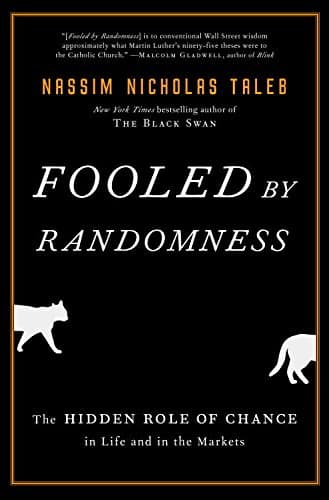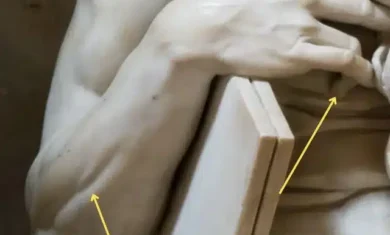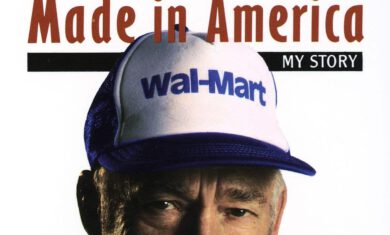It’s human nature to judge a decision after the results have come in. I’ve talked about this many times, but the easiest example is the Seattle Seahawks at the end of Super Bowl XLIX. I maintain that they made a good decision that simply had a bad outcome.
In his book “Fooled By Randomness“, author Nassim Taleb looks at this tendency from both sides.
First, he discusses the idea of mistakes, like I shared above:
“A mistake is not something to be determined after the fact, but in light of the information available until that point”
However, he also sees heroism through the same light. A hero may fail in their task, but it’s the effort that really matters:
“Heroes are heroes because they are heroic in behavior, not because they won or lost.”
It can be tough to look a decision that came out poorly and still feel it was a good decision, and vice-versa. If you can manage to do it, though it’ll help you to make better decisions in the future.
The slant pass from Russell Wilson that was intercepted in the Super Bowl is only intercepted 3.1% of the time. Even though it remains a statistically safe play to use, I would guess that teams foolishly use it less often because of one high-profile case where it went wrong.
Judge mistakes and heroes based on the information at the time, and it’ll leader to better judgement in the future.




